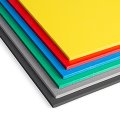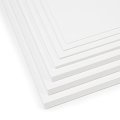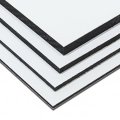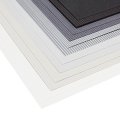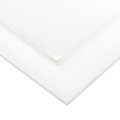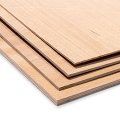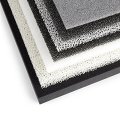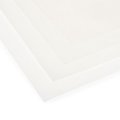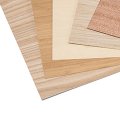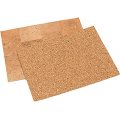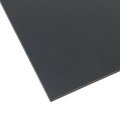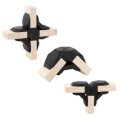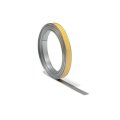Soft PVC Sheets
The soft-PVC sheets are made from the material that is used to produce the robust transparent curtains that must withstand being driven through by the elevated platform trucks and forklifts found in refrigerated warehouses and storage buildings. It can, however, also be used to make bags, adornments and accessories as well as interesting decorations. Because the surface of the soft-PVC lends itself to scoring, it is often used by hobbyists for making “etchings”.
Because they are made to be used in refrigerated warehouses, the strip sheets are still very flexible even in minus temperatures. In contrast to normal soft-PVC, the shuttle-door panels and the strip sheets are UV stable but not, however, UV resistant. They can therefore spend a certain amount of time out in the sun but after persistent exposure they will tend to become brittle. No exact time limit can be given for this because much depends on the intensity of the sun as well as many other factors.
The designation "Sh-A" or, alternatively, "Sh-D" stands for Shore Hardness, which is a scale of hardness for elastomers and plastics. In the case of softer, rubber type materials, the A scale is used, while for harder materials the D scale. The test procedure, which is standardized per DIN 53505 and DIN 7868 (German Industry Norm), consists of a tempered steel indenter, whose shape varies for the A and D scale tests, being pressed into a material with a specific force whereby the amount of penetration is measured. The measuring scale goes from 0 (complete penetration) to 100 (no penetration) - the higher the number, the harder the substance.
Shuttle-door sheets and strip panels made of soft-PVC can be cut using a blade or scissors (up to approximately 3 mm thickness). Holes can be made using a hollow punch; the sheets can be stamped, riveted and pinned but can only be glued using special adhesive tapes or glues (e.g. Pattex Transparent or UHU soft-PVC Repair Glue). Interesting effects can be created through the use of serigraphy or a digital printing process (flat bed printer).
